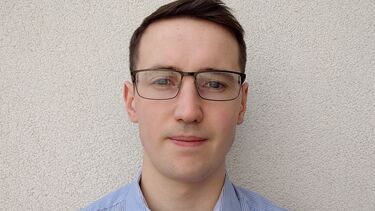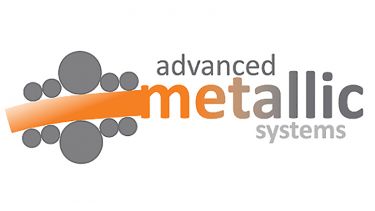Optimisation of plasma conditions in plasma-enhanced metallic atomic layer deposition
Optimising a key parameter for metallic atomic layer deposition using advanced characterisation techniques.

This case study focuses on improving the plasma used in plasma-enhanced metallic atomic layer deposition, a process that creates ultra-thin metallic films. By optimizing the plasma conditions, the study aims to enhanced the quality and efficiency of metal layer deposition, benefiting industries such as semiconductor manufacturing.
Atomic Layer Deposition (ALD) is a critical technique for producing thin films with atomic-scale precision, widely used across industries. However, depositing metallic films via ALD remains challenging due to difficulties in reducing metal precursors to their elemental form. In plasma-enhanced ALD (PEALD), the plasma-surface interaction is pivotal for effective reduction and film growth. Factors like plasma power, chamber pressure, and feed gas flow rates significantly influence the plasma properties and, consequently, the film quality.
The solution involves optimizing plasma parameters to enhance the plasma-surface interaction and achieve high-quality metallic films. By systematically tuning power, pressure, and gas flow rates, the plasma's reactivity can be tailored to improve precursor reduction and film uniformity. This ensures better film composition, structure, and electrical properties tailored to specific applications.
The study employs advanced plasma diagnostics and characterization techniques, including optical emission spectroscopy (OES) for plasma monitoring, energy-resolved actinometry for reactive species analysis, and x-ray photoelectron spectroscopy (XPS) to evaluate film composition and quality. Iterative adjustments of plasma parameters are informed by diagnostic results, enabling the deposition of optimized metallic films with desirable properties. This approach ensures a systematic and reliable pathway to overcoming challenges in PEALD metallic film production.
By optimizing plasma parameters for plasma-enhanced atomic layer deposition (PEALD), this research addresses a key challenge in producing high-quality metallic films—ensuring precise control over film composition, structure, and electrical properties.
The general public stands to benefit indirectly from this work, as the findings could contribute to advancements in electronics, enabling faster and more energy-efficient devices.
Biography
Darragh O'Neill - Graduated in 2021 with a BSc in Applied Physics from Dublin City University

Study with us
Study for a fully-funded PhD or EngD in Advanced Metallic Systems to explore innovative materials and manufacturing routes to increase sustainability and performance.
